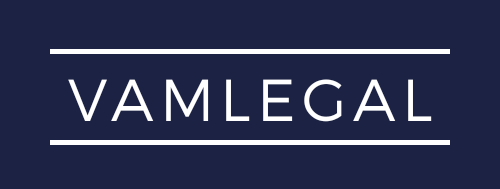The primary objective of the Consumer Protection Act, 2019 is the protection of the interest of the consumers, enforcement of consumer rights and timely and effective settlement of consumer disputes. The Act addresses the constantly emerging vulnerabilities of the consumers considering the newer set of challenges with the emergence of E-Commerce and logistics systems. We have already discussed in detail the new provisions in the Consumer Protection Act, 2019 in our earlier article here. In this article, we briefly discuss on the key scenarios or cases in which consumer can file complaint under the Consumer Protection Act, 2019.
Key Scenarios for Complaints under the Consumer Protection Act, 2019
Consumers have right to seek redressal against the unfair, restrictive trade practices or unscrupulous exploitation. Complaints under the Consumer Protection Act, 2019 can be made by the consumer of goods or services for obtaining relief against the following malpractices:
- Unfair Contracts – These include contracts having such terms which cause significant change in the rights of consumers and which are unreasonable and detrimental to the interest of consumers
Examples: Unreasonable penalty on consumer due to breach of contract when the penalty is disproportionate to the loss occurred, forfeiture of advance deposit, excessive security deposit, unreasonable charge or condition etc.
- Unfair Trade Practices – Adoption of unfair or unethical or deceptive practices by traders, manufacturers or service providers including false representation in respect of goods or services, misleading advertisements, misleading or fraudulent offers and schemes, substandard goods or services, hazardous goods or services, hoarding of goods, spurious goods, non-issuance of bill/cash memo, refusal to take back defective goods and refund of money within the stipulated time, refusal to withdraw deficiency in services and refund of money within the stipulated time, data privacy breach by traders
- Overcharging – Consumer is charged excess than the MRP or the price agreed between the parties
- Defective Goods – Goods bought by consumer suffer from one or more defects, faults, imperfections or shortcoming in quality, quantity, purity or standard.
- Deficiency in Services – Services hired or availed by consumer suffer from any deficiency, fault, imperfection, shortcoming or inadequacy in quality, nature and performance.
Examples: Defective Goods received or different products received through an online purchase on an E-Commerce website or purchased from a local shop when the seller is not providing refund or replacement of product to the satisfaction of consumer, cases where manufacturer refuses to fix defects or cases where there is failure to remove the defect in the product to the satisfaction of consumer, misleading claims made in advertisements, fraudulent offers claiming free products or services having hidden charges, Medical Negligence, Deficiency in Insurance Services, Unfair Practices by Real Estate Developers, Educational Institutions, Travel Agencies, Airlines, Telecom & Broadband providers, Automobile Dealers, Health & Wellness Centers etc.
- Restrictive Trade Practices – These are practices that tend to manipulate price and conditions of delivery to affect the flow of supplies in the market to impose unjustified costs on consumers
- Hazardous Goods – Goods which are hazardous to life and safety when used are being offered for sale
- Hazardous Services – Services that are hazardous to the life and safety of public are being offered
- Product Liability Action – This is applicable in case of injury or harm caused to a consumer by defective product or deficiency in services.
